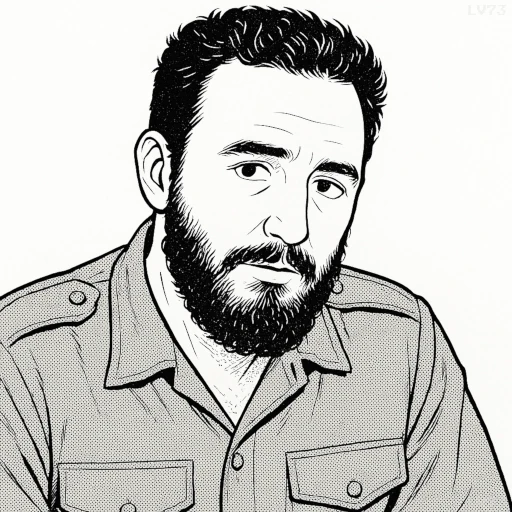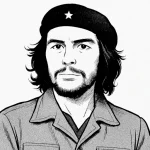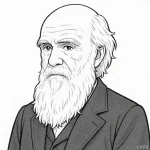“The human being is a strange mixture of blind instinct, on one hand, and conscience, on the other.”

- August 13, 1926 – November 25, 2016
- Cuban
- Revolutionary, Prime Minister and President of Cuba, Communist Leader
table of contents
Quote
“The human being is a strange mixture of blind instinct, on one hand, and conscience, on the other.”
Explanation
This quote presents a philosophical reflection on human nature, capturing the internal tension between impulse and morality. By describing the human being as a “strange mixture,” Fidel Castro acknowledges the complexity and duality at the heart of human behavior. “Blind instinct” represents primal drives—survival, aggression, desire—while “conscience” symbolizes the higher faculties of reason, ethics, and self-awareness. This juxtaposition suggests that much of human history and personal conduct is shaped by the struggle between these opposing forces.
In Castro’s worldview, which was deeply influenced by revolutionary struggle and moral conviction, this insight carries practical implications. Leading a revolution, building a society, or confronting injustice requires not only channeling human instincts toward collective survival, but also elevating conscience as a guiding principle. His acknowledgment of both elements reveals a belief that human potential lies in the ability to overcome base impulses through conscious, ethical action.
Today, the quote resonates in conversations about psychology, politics, and ethics. It invites us to reflect on how individuals and societies balance self-interest with responsibility, and how progress depends on fostering conscience over instinct. Whether in environmental stewardship, social justice, or governance, Castro’s words serve as a reminder that true humanity emerges when awareness tempers impulse, and when moral insight guides the course of action.
Would you like to share your impressions or related stories about this quote in the comments section?



